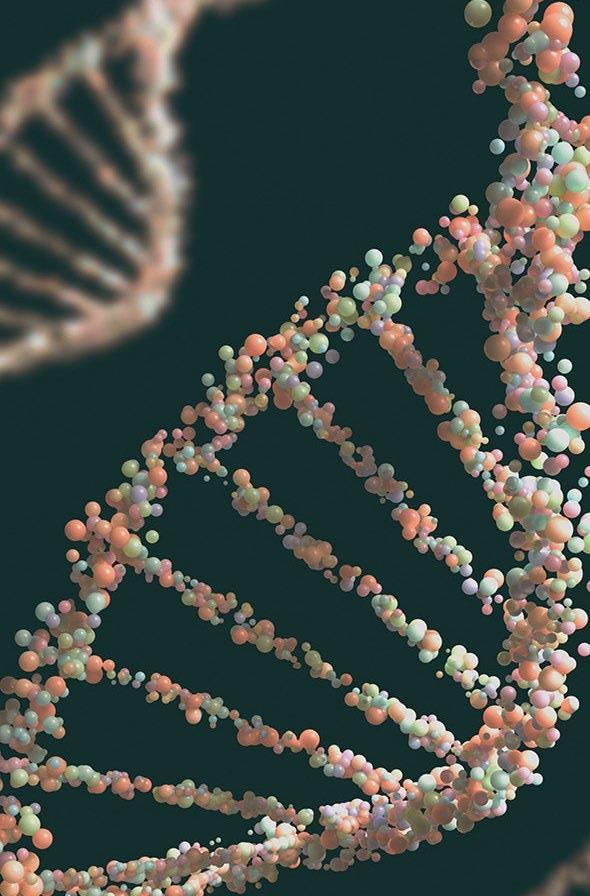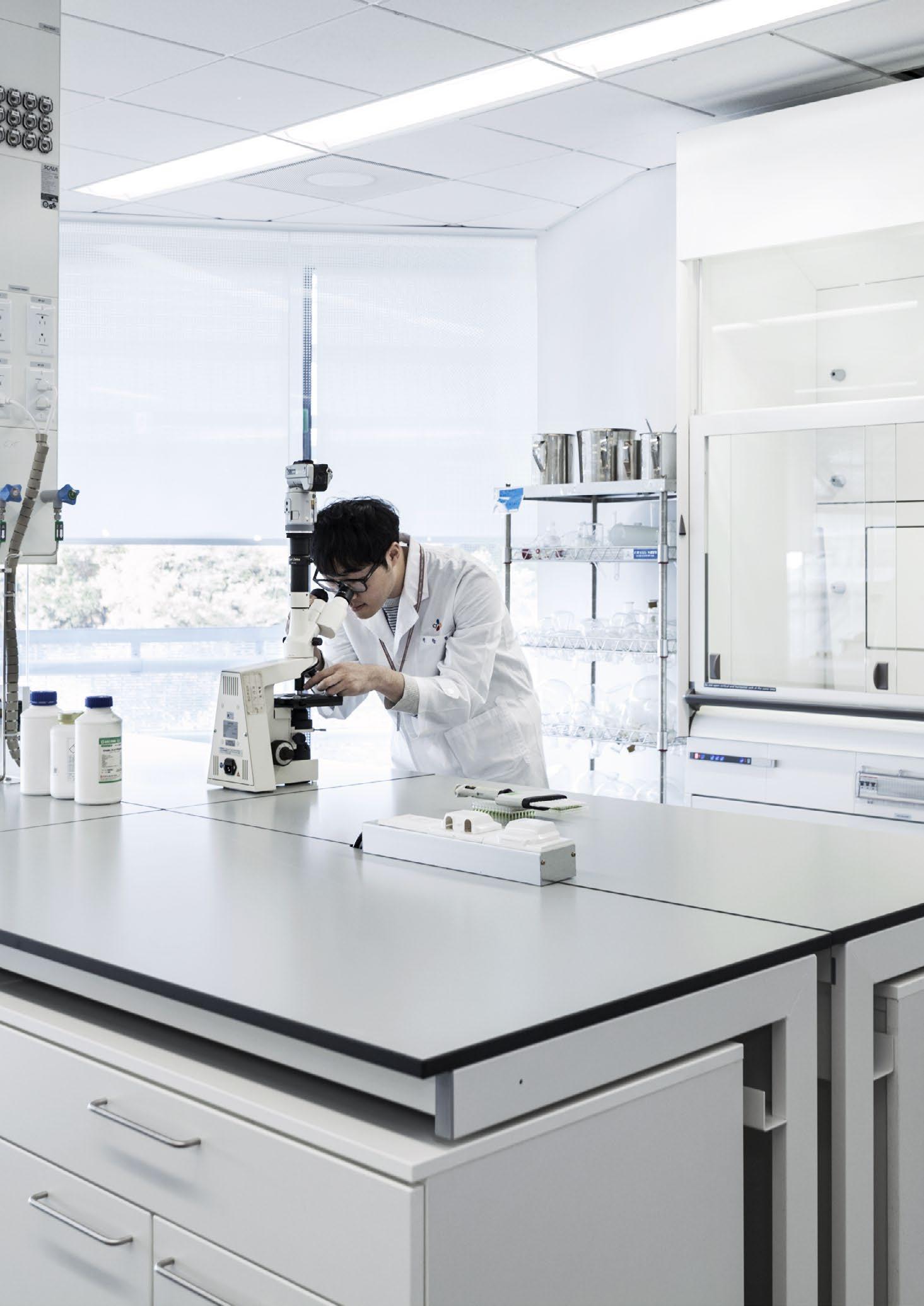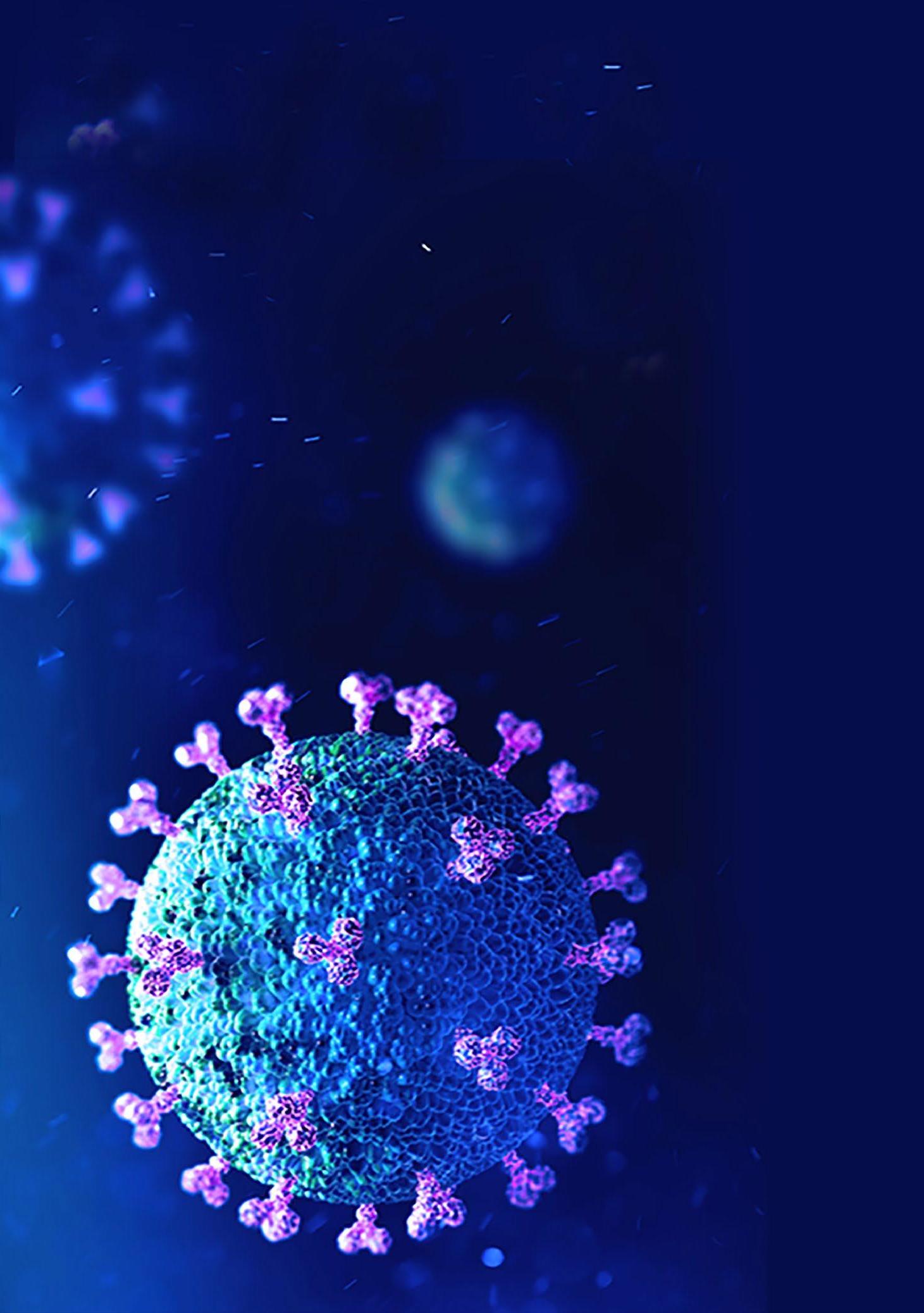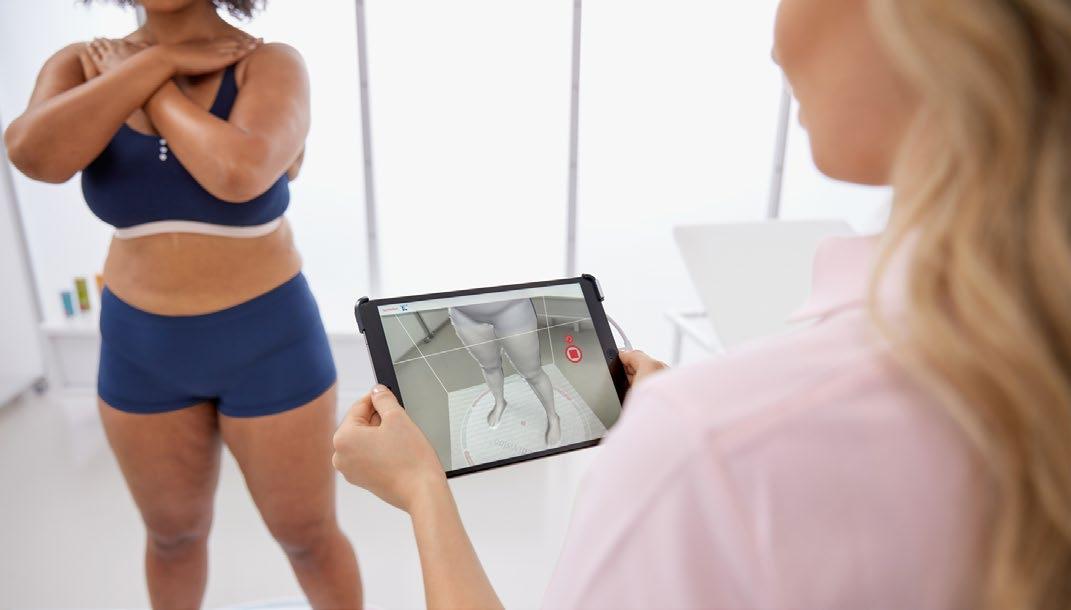
7 minute read
The dangers of making therapeutic claims in relation to retail products – The Lorna Jane Case and the Peptide Clinics Case
Legal Matters
By Alison Choy Flannigan, Partner, Leader Health & Community, Hall & Wilcox
Advertisement
In Australia, the marketing and labelling of ‘therapeutic goods’ are regulated by legislation.
Manufacturers, retailers and advertising companies must exercise care when making claims in relation to products which are ‘therapeutic claims’ under the Therapeutic Goods Act 1989 (Cth) (Therapeutic Goods Act) and which may be misleading and deceptive under the Therapeutic Goods Advertising Code and the Australian Consumer Law.
Making ‘therapeutic claims’ can make a product a ‘therapeutic good’ and therefore subject to registration or listing on the Australian Register of Therapeutic Goods if not exempt. Regulatory Framework
In Australia, the marketing and labelling of ‘therapeutic goods’ are regulated by legislation including:
1. Therapeutic Goods Act 1989 (Cth) (‘the Therapeutic Goods Act’);
2. Therapeutic Goods Regulations 1990 (Cth) (‘the Regulations’); and
3. Therapeutic Goods Advertising Code (No. 2) 2018 (Cth) (‘the Therapeutic Goods Advertising Code’).
The Therapeutic Goods Advertising Code ensures that the marketing and advertising of therapeutic goods to consumers is conducted in a manner that promotes the quality use of the product and does not mislead or deceive the consumer.
Additionally, any claims in relation to COVID-19 will also be subject to the Therapeutic Goods (Prohibited Representations-Disinfectants) (COVID-19) Permission 2020. Under this instrument, the Secretary of the Department of Health must approve any advertisement or representation that a therapeutic good has a ‘virucidal effect’ against the COVID-19 virus.
Under the Therapeutic Goods Act, ‘therapeutic goods’ means goods that are (inter alia):
“(a) represented in any way to be, or that are, whether because of the way in which the goods are presented or for any other reason, likely to be taken to be:
(i) for therapeutic use; or
(ii) for use as an ingredient or component in the manufacture of therapeutic goods; or
(iii) for use as a container or part of a container for goods of the kind referred to in subparagraph (i) or (ii);..”
‘therapeutic use’ means ‘use in or in connection with:
(a) preventing, diagnosing, curing or alleviating a disease, ailment, defect or injury in persons; or
(b) influencing, inhibiting or modifying a physiological process in persons; or
(c) testing the susceptibility of persons to a disease or ailment; or
(d) influencing, controlling or preventing conception in persons; or
(e) testing for pregnancy in persons; or
(f) the replacement or modification of parts of the anatomy in persons.’
The definition is very broad. Further, even if therapeutic goods are registered or listed on the Australian Register of Therapeutic Goods (ARTG), certain representations are restricted.
The Lorna Jane Case
Lorna Jane is an Australian-owned company that manufactures and retails women’s activewear, founded by its codirector Lorna Jane Clarkson. It has 108 stores in Australia, as well as a number of international stores, including in the USA and New Zealand.
Lorna Jane allegedly claimed, on its website, that its ‘anti-virus activewear’ prevents and protects against infectious diseases, implying it is effective against COVID-19.
The promotion included the following image:

TGA action
On 17 July 2020, the Australian Therapeutic Good Administration (TGA) issued three infringement notices to Lorna Jane, totalling $39,960 for alleged unlawful advertising in relation to COVID-19.1
The TGA alleged that Lorna Jane represented its ‘anti-virus activewear’ for therapeutic use and therefore believe that it is a therapeutic good within the meaning of the Therapeutic Goods Act.
The advertisement referred to therapeutic goods that were not included in the Australian Register of Therapeutic Goods (ARTG). This is required before they can be lawfully supplied or advertised in Australia.
Under the Therapeutic Goods Act, any references to COVID-19 (and related terms) in the promotion of these types of goods are restricted representations. A restricted representation refers to a serious form of a disease, condition, ailment or defect. The use of restricted representations in advertisements for therapeutic goods is unlawful without a prior formal approval or permission from the TGA. It is also a breach of the Therapeutic Goods Advertising Code to promote a therapeutic good as being safe, harmless or without side-effects.
1 https://www.tga.gov.au/media-release/lornajane-fined-almost-40000-alleged-advertisingbreaches-relation-covid-19-and-anti-virusactivewear
ACCC Action
In December 2020 the Australian Competition and Consumer Commission (ACCC) instituted proceedings in the Federal Court against Lorna Jane Pty Ltd for alleged false or misleading claims about its ‘Anti-virus Activewear’, in breach of Australian Consumer Law.2
Most of the claims were removed in mid-July, but until at least November 2020 Lorna Jane continued to represent on garment tags that the garment permanently protected the wearers against pathogens.
It is alleged that Lorna Jane
(a) engaged in conduct that was misleading or deceptive or likely to mislead or deceive, in contravention of section 18 of the Australian Consumer Law (ACL) (contained in Schedule 2 to the Competition and Consumer Act 2010 (Cth));
(b) made false or misleading representations that LJ Shield Activewear had a standard or quality which it did not have, in contravention of section 29(1)(a) of the ACL;
(c) made false or misleading representations that LJ Shield Activewear had performance characteristics, uses and/or benefits which it did not have, in contravention of section 29(1)(g) of the ACL; and
(d) engaged in conduct liable to mislead the public as to the nature, characteristics and/or suitability for purpose of LJ Shield Activewear, in contravention of section 33 of the ACL.
2 https://www.accc.gov.au/media-release/ accc-takes-lorna-jane-to-court-over-anti-virusactivewear-claims Legal Matters
It is also alleged that Lorna Jane director and chief creative officer, Ms Lorna Jane Clarkson, was knowingly concerned in the alleged conduct, including by personally making false or misleading claims about the LJ Shield ‘Anti-virus Activewear’ in a media release and a video posted on Lorna Jane’s Instagram account.
Ms Clarkson was a party to or knowingly concerned in Lorna Jane’s contraventions of sections 18, 29 and 33 of the ACL, for the purposes of section 224(1).
The ACCC also alleges that Lorna Jane represented that there was a scientific or technological basis for these claims at the time they were made, when no such testing had been carried out. The ACCC is seeking declarations, penalties, injunctions, corrective notices, and an order to implement a compliance program.
Peptide Clinics Case
Similarly, in 2018-19, the TGA investigated one company (Peptide Clinics Pty Ltd) for breaches of the advertising rules for medicines, including the ban on advertising prescription-only medicines to the public and the Federal Court of Australia and ordered a $10 million penalty against the company.3
The contraventions included advertising Schedule 4 substances on the website and on social media
3 https://www.tga.gov.au/media-release/civilpenalties-ordered-against-peptide-clinics-ptyltd-advertising-breaches channels, advertisements using the word “peptides”, advertising prohibited and restricted representations, and more.
The Court found Peptide Clinics contravened the Act and the Advertising Codes each day the advertisements appeared on the website and on social media channels.
The website advertising peptides also included references to inappropriate and misleading uses, such as for anxiety, anti-ageing, body building, tanning, weight loss, premature ejaculation, hair loss and insomnia relief. The TGA advised that interfaces that allow consumers to review and self-select prescription-only medicines for subsequent prescribing and supply, and websites that promote general classes of prescription-only medicines, will generally be considered in contravention of the Act.


Commentary
Since the onset of the pandemic, there have been a plethora of new technologies and innovations brought to market. Particularly, ‘antibacterial’ and ‘antiviral’ consumer products.
The substantial penalties imposed reflect the very real dangers to public health and safety and demonstrate the dangers of making therapeutic goods in relation to retail products.
The maximum penalties per breach of the ACL including unconscionable conduct, making false or misleading representations, and supplying consumer goods or certain services that do not comply with safety standards or which are banned:
For corporations, will be the greater of:
(a) $10 000 000
(b) three times the value of the benefit received, or
(c) 10% of annual turnover in preceding 12 months, if court cannot determine benefit obtained from the offence. For individuals: $500 000.
This article was written with the assistance of Lauren Krejci paralegal.
About us
Hall & Wilcox is a leading Australian independent business law firm with offices across Australia: Melbourne, Sydney, Brisbane, Perth, Newcastle, Canberra and Darwin. For over 100 years, Hall & Wilcox has been advising businesses and people, including public and private companies, public sector organisations and business owners.
At Hall & Wilcox, we deliver ‘Smarter Law’. This means being smarter across our entire business by being progressive, by our commitment to excellence and by our focus on building great relationships. For our clients, this translates to better quality, better value, improved efficiency and greater ease of doing business.










